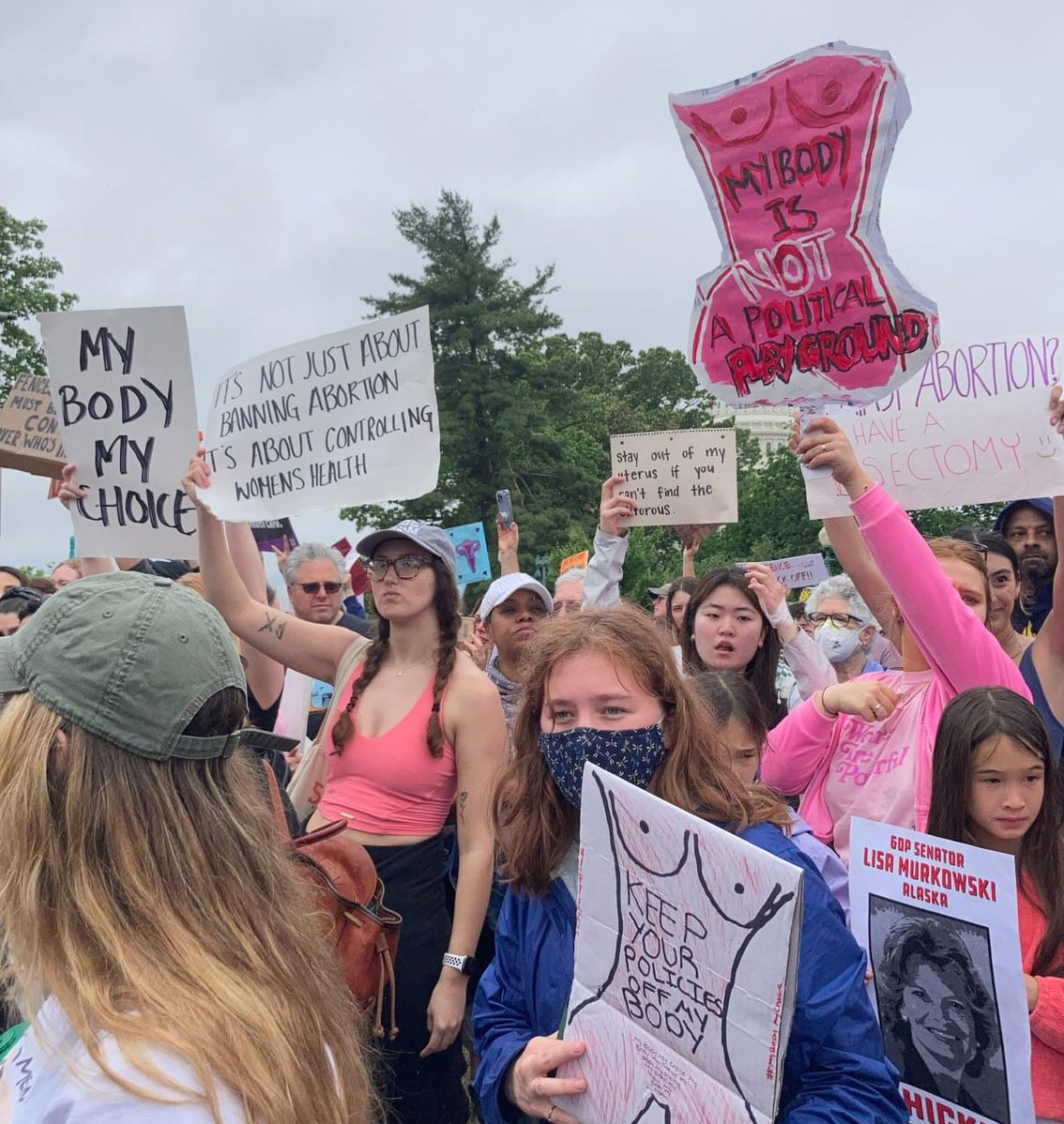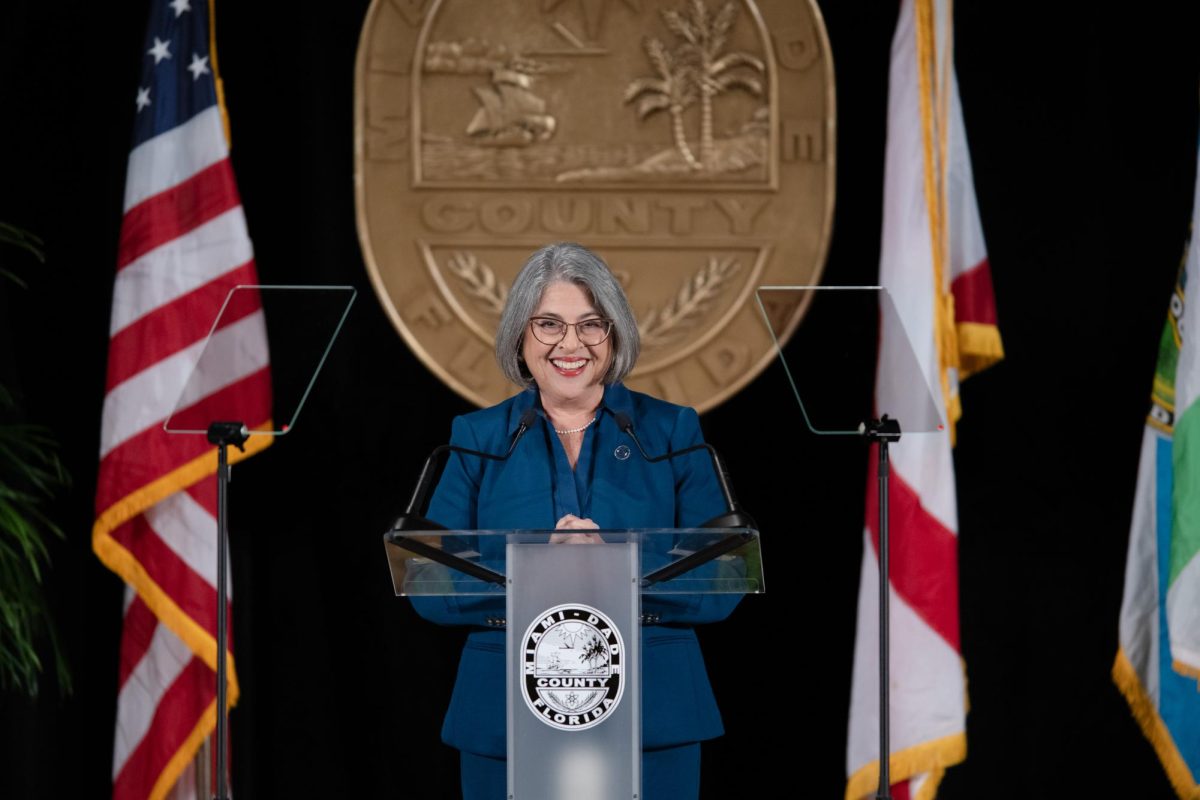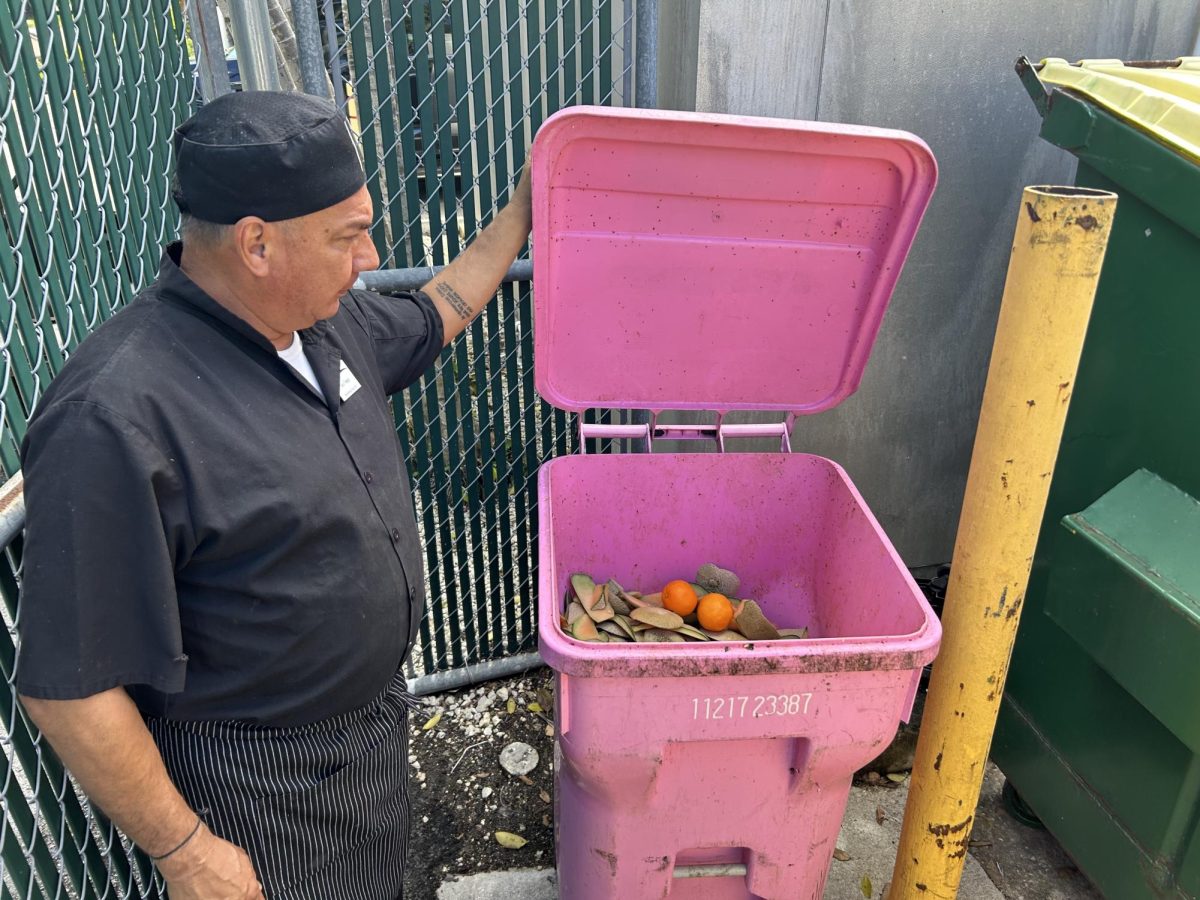On November 5, 2024, Floridians voted on more than just the presidential election: they voted on Amendment 4, an amendment that sought to bolster abortion rights in Florida’s constitution.
The amendment needed a 60% majority to be enshrined in the state’s constitution, but it just missed the mark by receiving over 57% of the vote. In most states, amendments need only a simple majority to be passed.
According to The New York Times, 59% of voters in Miami-Dade County voted “yes” to Amendment 4. The day after the election, the Ransom Everglades campus was flooded with conversations regarding the future of healthcare in Florida.
“My immediate reaction was a mix of confusion, shock, and disappointment,” said Antonia Pinnar ’25. “I was surprised that, despite the majority of people supporting the policy, it still failed to pass due to the need for a supermajority.”
Florida law currently prohibits a pregnant person from receiving an abortion after six weeks from their last menstrual cycle. This law, which took effect on May 1, 2024, criminalizes abortions after six weeks. The six-week abortion ban resulted from the Supreme Court’s decision in the 2022 Dobbs vs. Jackson Women’s Health Case, which essentially overturned Roe vs. Wade and authorized the states to make their own abortion policies.
In the wake of the amendment’s failure, Jordan James ’25 expressed her view on the limitations of the six-week ban. “I think that it’s a little absurd to ban it at six weeks because most women don’t even find out until far past that. Between irregular menstrual cycles and general lack of knowledge, I feel it puts women without the proper education at a disadvantage.”
Luna Molla ’25 echoed similar sentiments, arguing that the law puts women’s lives at risk. “Abortion can be a lifesaving form of healthcare, and the “pro-life” debate is hypocritical because the mother’s life could be at stake, not to mention what the potential quality of the baby’s life would be being born to a mother not ready for kids,” she said.
“The laws are dangerous. Lawmakers are not physicians and cannot pretend to know more than medical experts,” added Leah Vela ‘25.
For others, such as Lucia Corrochano ’26, the failure of the amendment served as a stark reminder of how the debates around abortion have become excessively politicized despite the fact that a majority of Floridians voted for reproductive freedom.
“I find it incredibly disappointing that we live in a world where a woman’s opportunity to choose what to do with her body is an inherently political standpoint. This is past religion and politics. This is healthcare,” Corrochano said.
Nina Tekriwal ‘25 said, “Abortion is fundamental to women’s rights and societal healthcare. I think that if a man was in the position to sacrifice their livelihood to have a child they couldn’t support, abortion would be legal.”
The conversations on RE’s campus following the election reflect the frustrations of Floridians more broadly who have watched similar ballot initiatives pass in other states, and who feel that state law does not reflect the will of the majority.
“Florida’s laws on abortion are so upsetting,” said Lily Poses ’26. “It’s hard to wrap my head around living somewhere where my body is controlled by someone else.”








